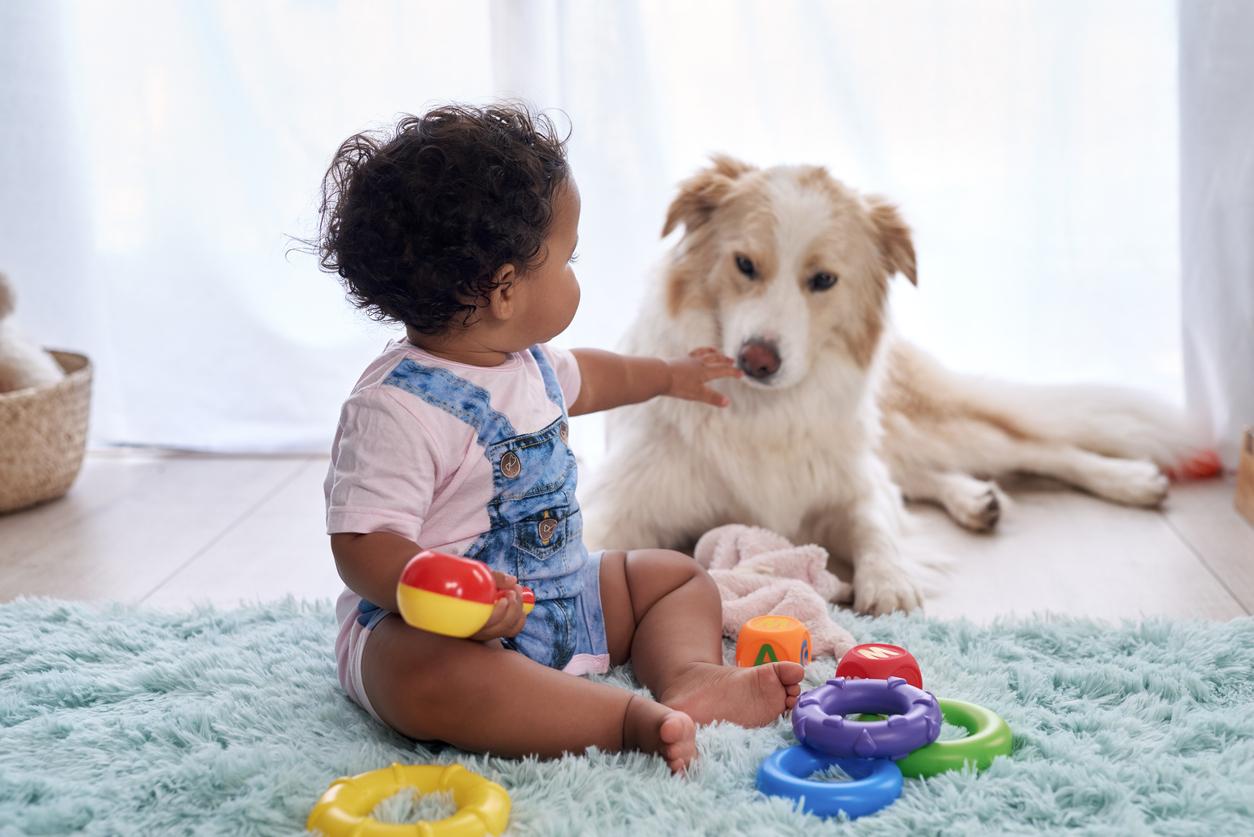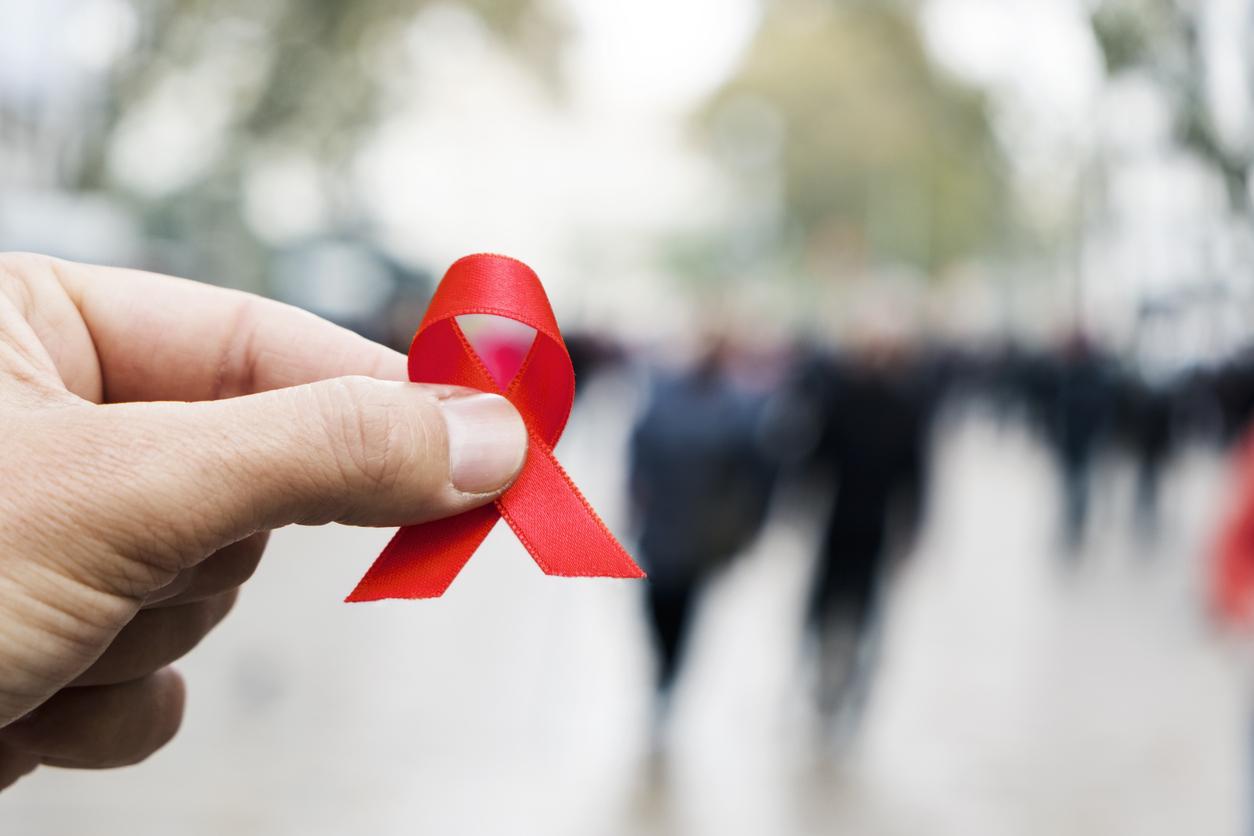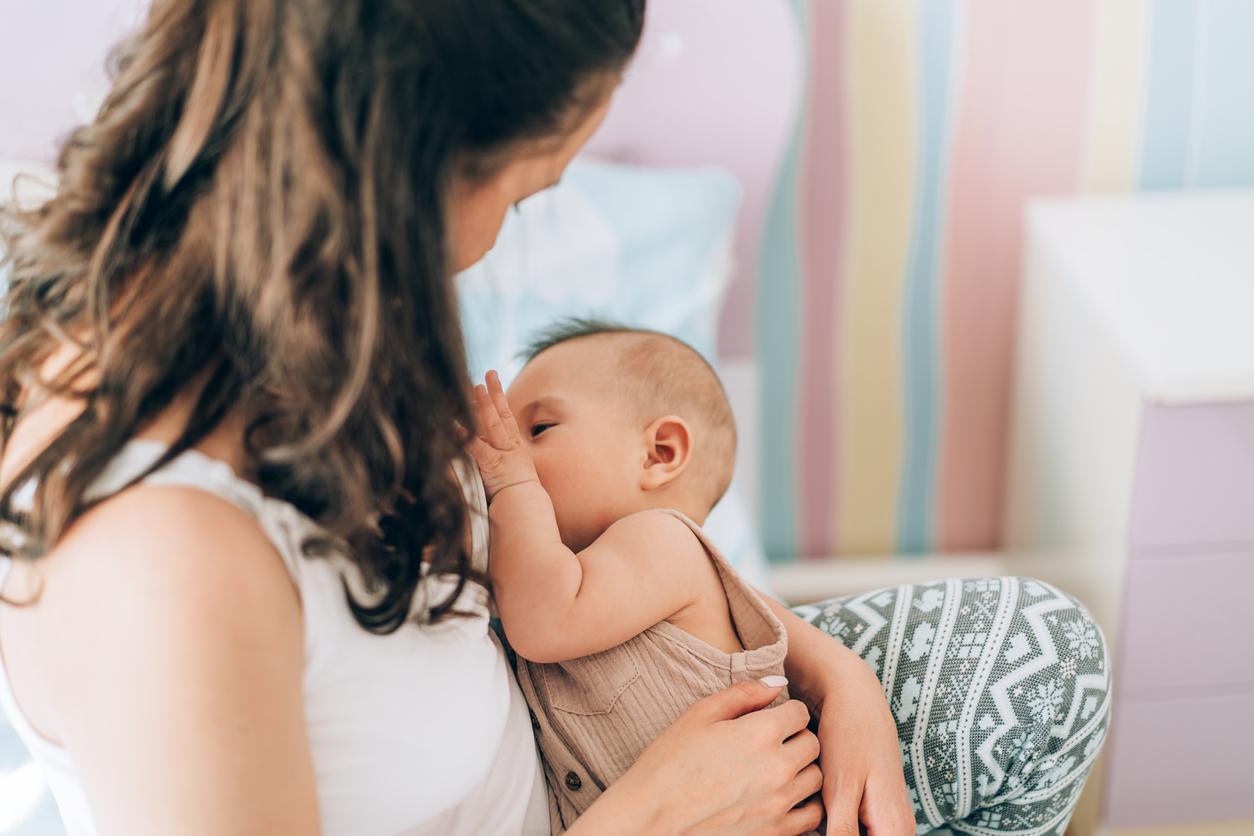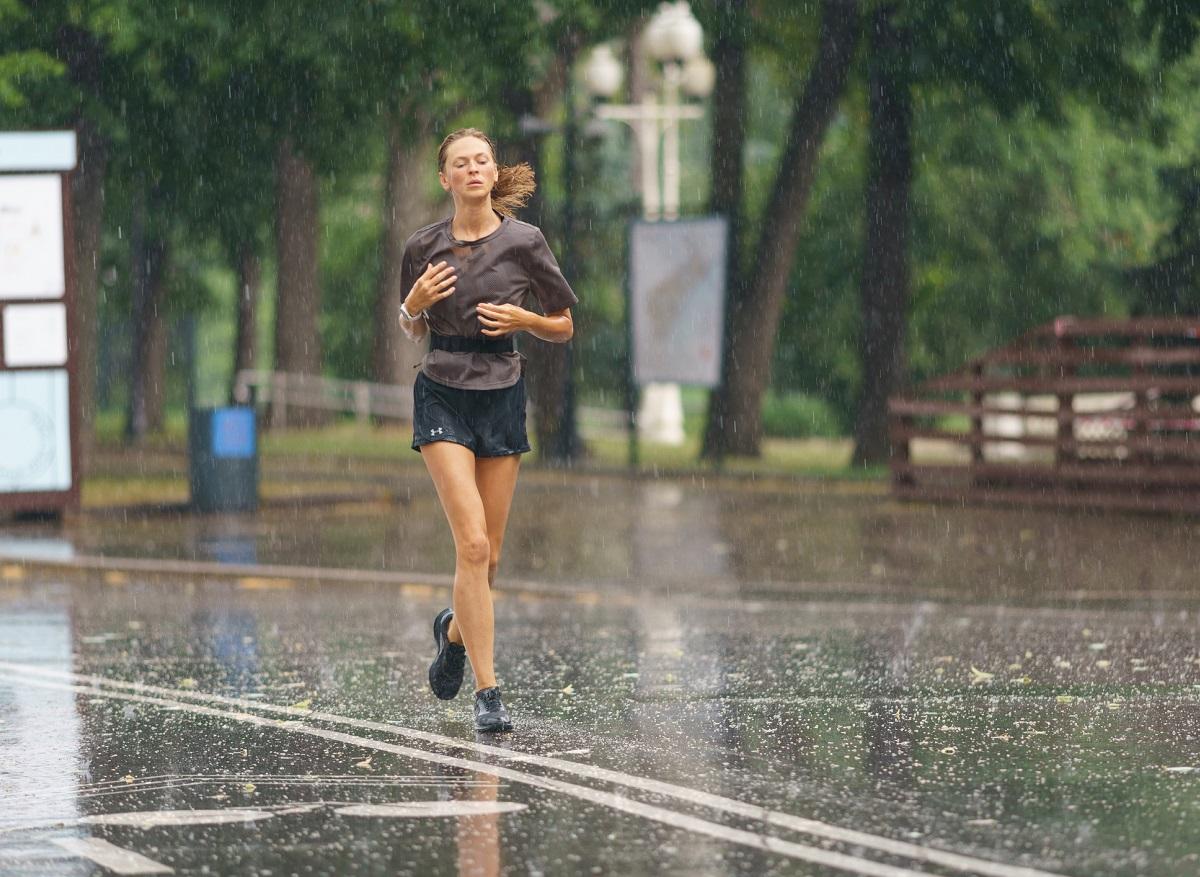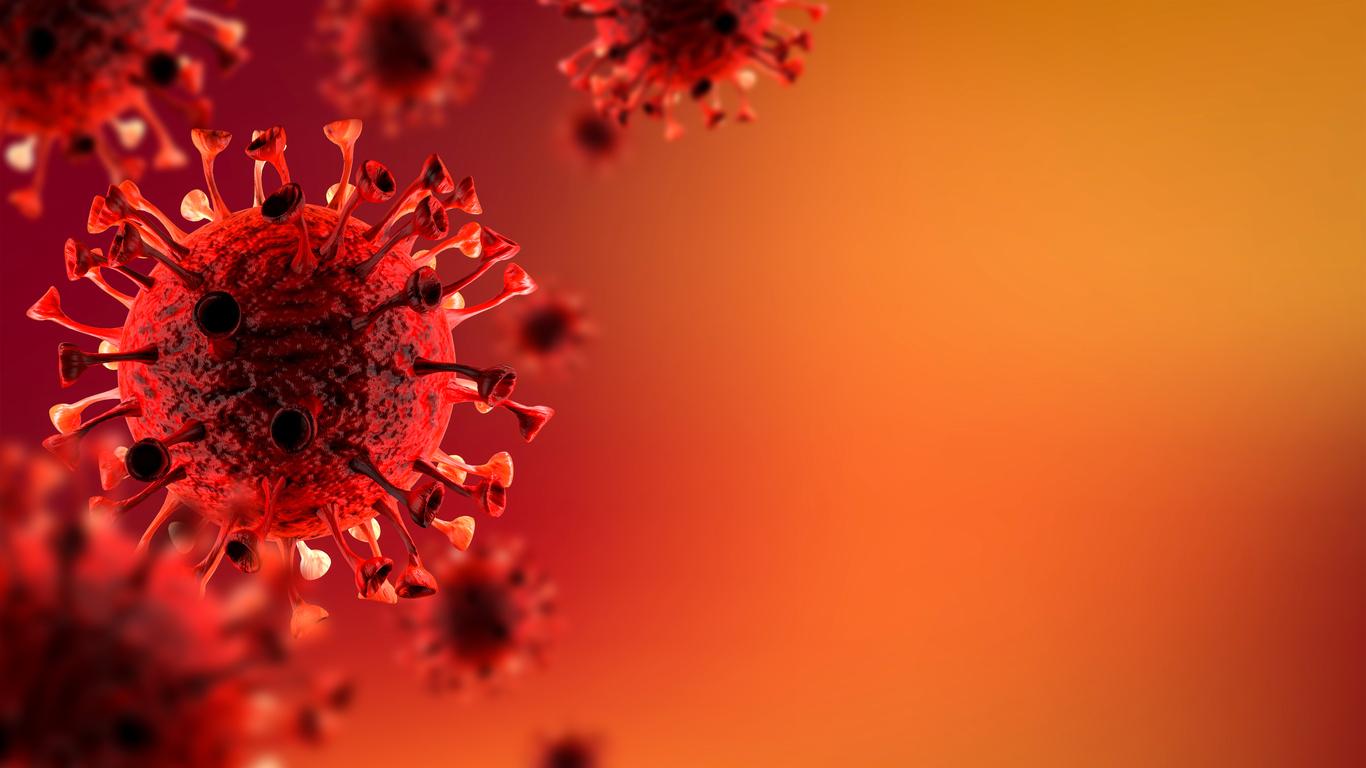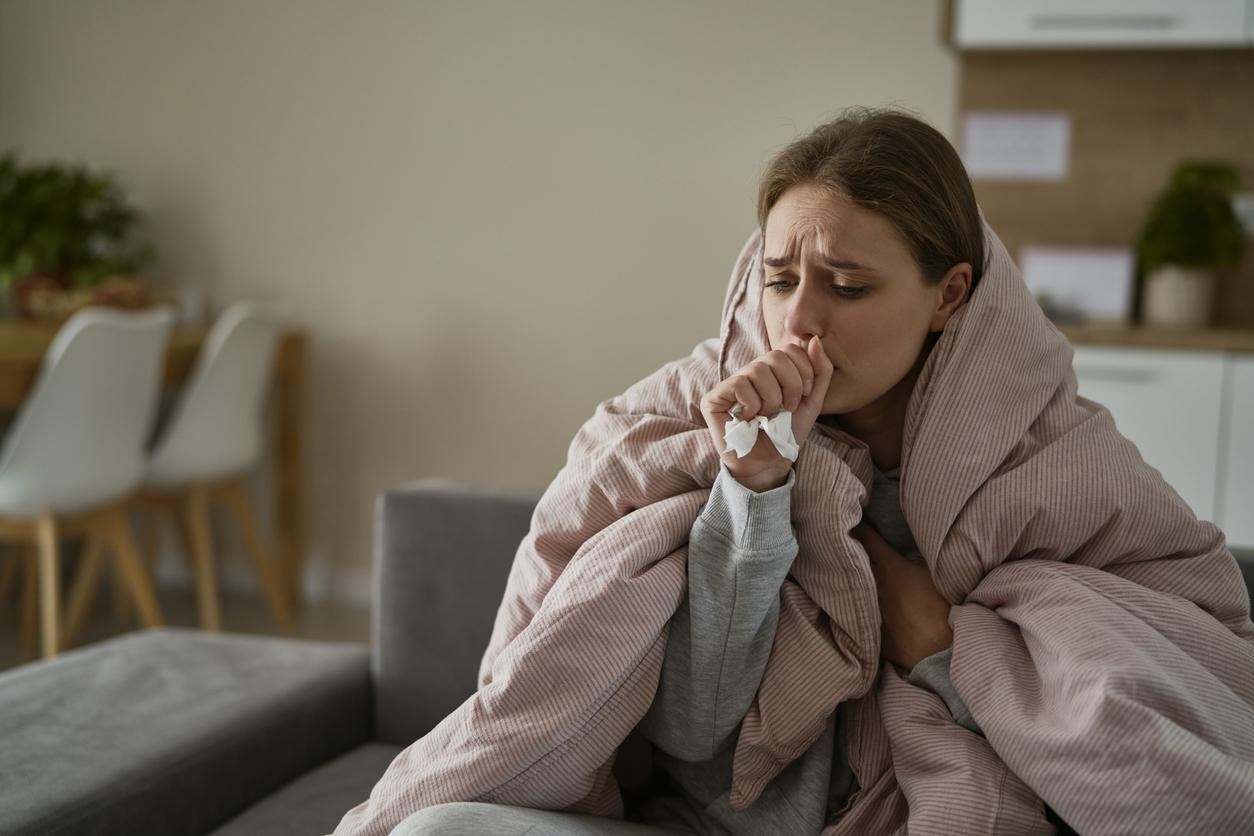
“Let the virus circulate in a controlled manner, then we will slowly get it all and protect the people who have not yet had it.” This strategy of ‘herd immunity’ does not appear to work in the case of the coronavirus. Barely 5 to 6 percent of people have resistance to the coronavirus, according to Sanquin’s research among blood donors. So we have not become immune en masse, unfortunately. Has the herd immunity strategy been abandoned? 6 questions.
How many Dutch people are immune to corona?
Sanquin has conducted a survey among 7,000 blood donors who came to give blood in April. Only 5-6 % of these people had antibodies against the coronavirus, so they have built up immunity. That is barely 1 million Dutch people if you translate it to the entire population. The rest therefore have no antibodies against the coronavirus. Immunity also fluctuates around 5 percent in other European countries, de Volkskrant writes. In more severely affected areas, immunity is barely higher: 17 percent in London and 10-14 percent in Madrid. The Swedes who took few measures against the virus in the hope of herd immunity are also only 7% immune. All too little for the protection by herd immunity.
Why do we want ‘herd immunity’?
Experts state that only when 50 to 80 percent of the population is immune to corona, people are protected by ‘herd immunity’. “If the group that has had the virus is large enough, it will protect the vulnerable against the virus,” said Jaap van Dissel, still hopeful. But that turns out not to be the case. It is only 5 percent and that is too little.
Before the corona outbreak, you mainly heard this term in news reports about the turnout at the national vaccination program. If enough children are vaccinated against a disease like measles, or if enough children have had the disease, the children who not being vaccinated, protection, The hope was that this group immunity would also arise with the coronavirus, Prime Minister Mark Rutte said in the press conference on March 16. Unfortunately that turns out to be the case.
Second problem: those who have antibodies are not immune for life, as with measles. Experts fear that immunity to the coronavirus is not as strong and long-lasting. Respiratory infections are known for being able to get them again.
I have given blood as a donor. Am I immune?
Unfortunately you cannot see the result. Sanquin writes: ‘The test is not reliable enough to give individual donors the results. The chance that someone will get an incorrect result is too great. However, the test is suitable for getting a reliable picture among the population.’
How can I find out if I have had corona?
Which can not via the new national phone number for the corona test for everyone. The first days that the phone number for the corona test was open, many people called to find out if they had the virus. The test offered only looks at the virus. It is intended for people who have complaints, so that it becomes clear whether they are infected. If so, they must be quarantined and the spread is contained.
The Dutch College of General Practitioners indicates that general practitioners can send blood to the lab for an antibody test. Then you can see whether you have had the virus and whether you have built up immunity. The results are only visible 1.5 weeks after the first day of illness. This test is mainly intended for people who still have complaints after illness, so that the GP can see whether it is a residual symptom of the corona virus.
So little group immunity has arisen. What now?
Then you have to wait for a vaccine or a medicine. We are not there yet in both areas. Medicines do little to nothing and the vaccines are still in the early stages of research. Read about the progress with the vaccine here, and with the medicines here.
Sources: Volkskrant, Sanquin, RIVM, NHG








